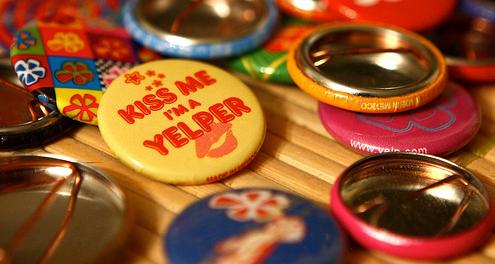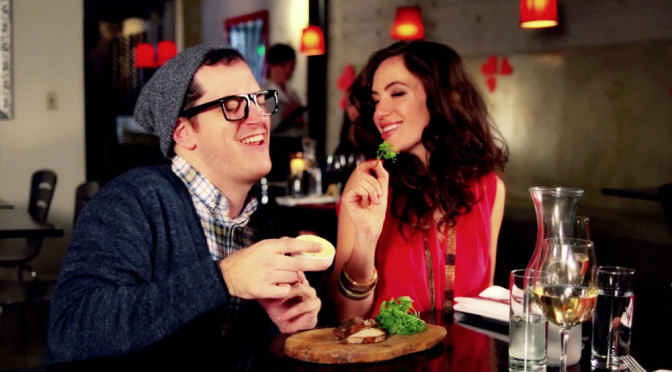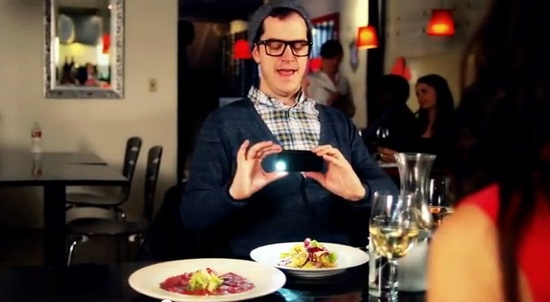It isn’t easy to get people’s attention in restaurants these days. The waiter will approach the table to offer his expertise on the menu only to find everyone vacantly staring into the screens of their mobile phones. Are they texting someone? No. Are they “checking in” to make their friends jealous on social media? No. They are on restaurant review apps searching fan favorites and thumbing through pictures of menu items from the very restaurant in which they are currently seated.
The waiter asks if he can answer any questions. No, they say. They are ready to order. Like hordes who approach dining out the same these days, they have chosen to experience only the most popular dishes from the menu relying on groupthink rather than their own intuition. The modern diner considers preparation as integral to the act of dining out as eating. As menu prices rise, so does the price of bad choices. Restaurant guests now feel pressure to research in advance of their reservation, scouring the internet for Instagram pics and Yelp write-ups to avoid pitfalls and unearth signature dishes.
But is technology really helping us order more efficiently or is it reducing the act of personal choice to a Google-eyed algorithm? Mobile technology has disrupted the relationship that restaurant guests have with waitstaff. People trust their phones more than they do their waiters. How did we get here? The trend toward automation is not a new phenomenon. Technology has always invaded the way we consume things. The soda jerk was replaced by the vending machine. The bank teller became the ATM. It’s increasingly clear that the job of the waiter may go the way of the iPad. The less people value human service, the more hospitality jobs are in jeopardy.
At its core, dining out should be a spontaneous act. That’s what makes going out for dinner so unique from dining at home. At home, you control the elements—lighting, music, company. At a restaurant, the environment is unpredictable. No two dining experiences should ever be the same. Storyboarding your meals in advance limits the element of surprise. Ordering only popular dishes is like listening to only the greatest hits of your favorite rock band. It’s a safe choice. You know you love those old familiar songs. But, like audiophiles, diners must learn to appreciate the “deep cuts” if they want to really get into the music. Lucky for you, we provide the DJ.



